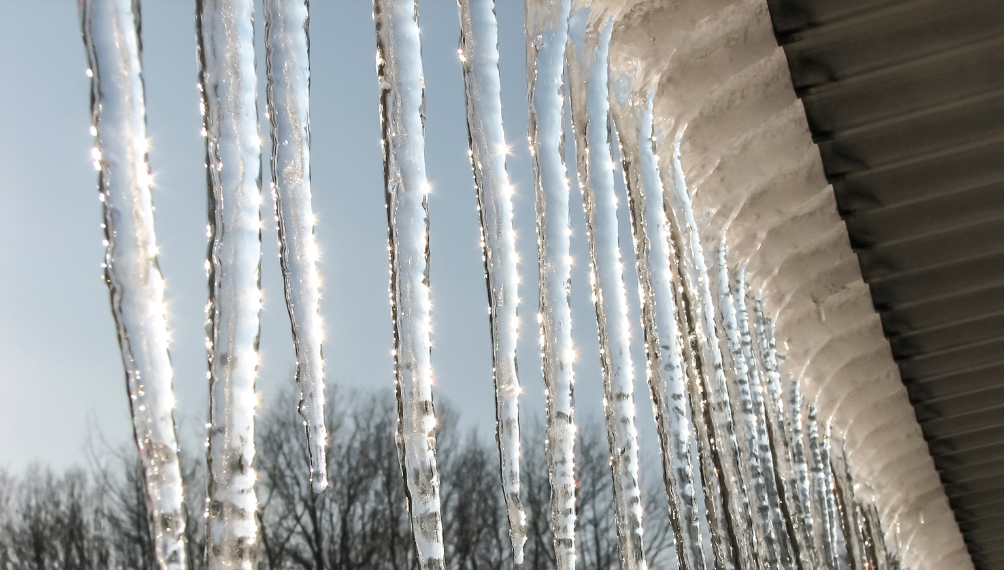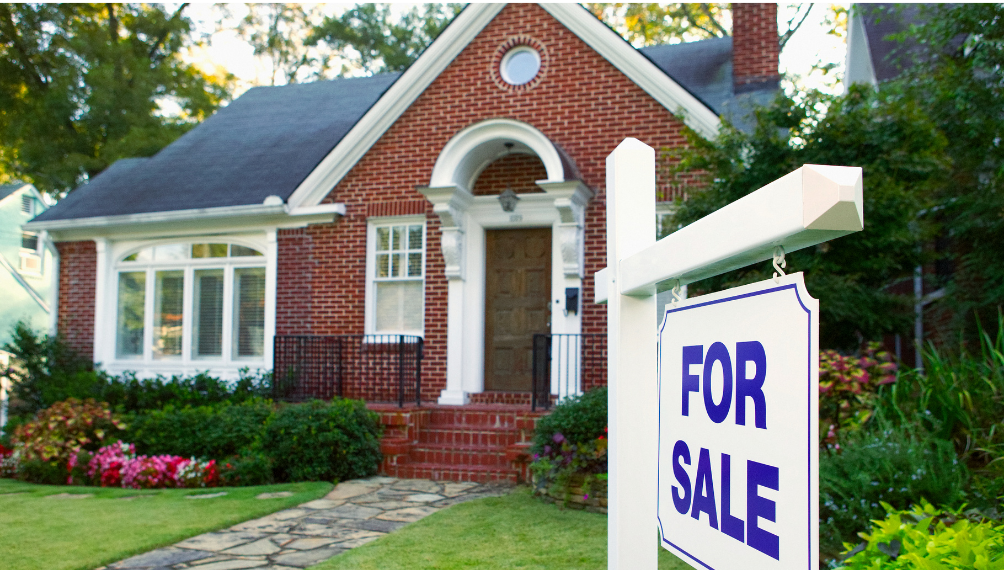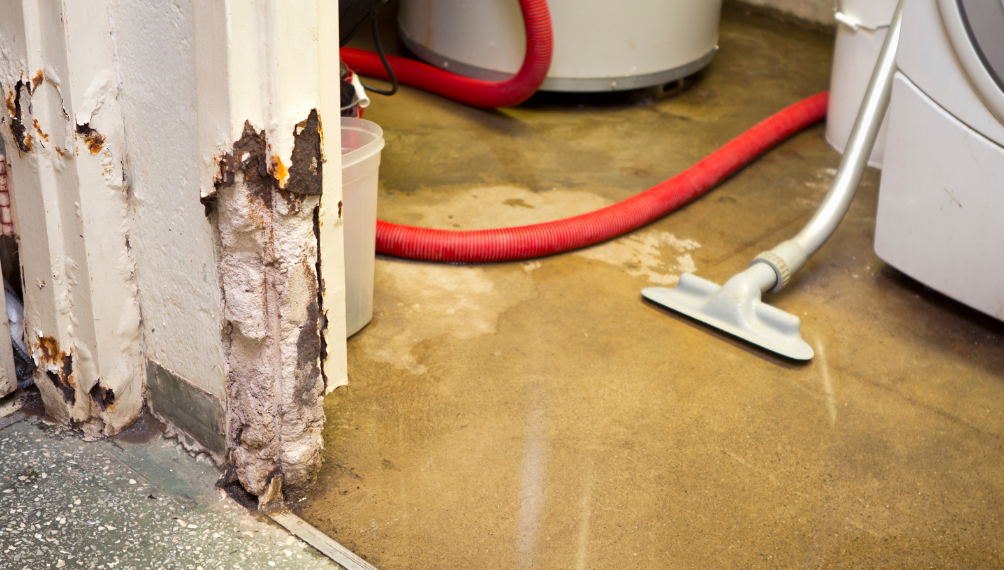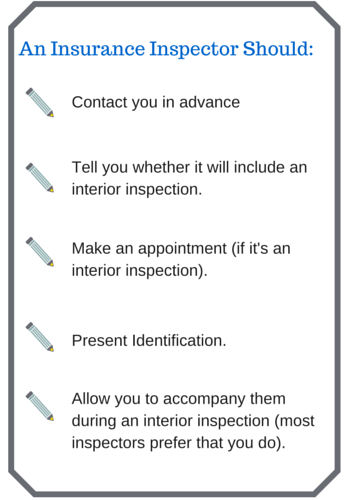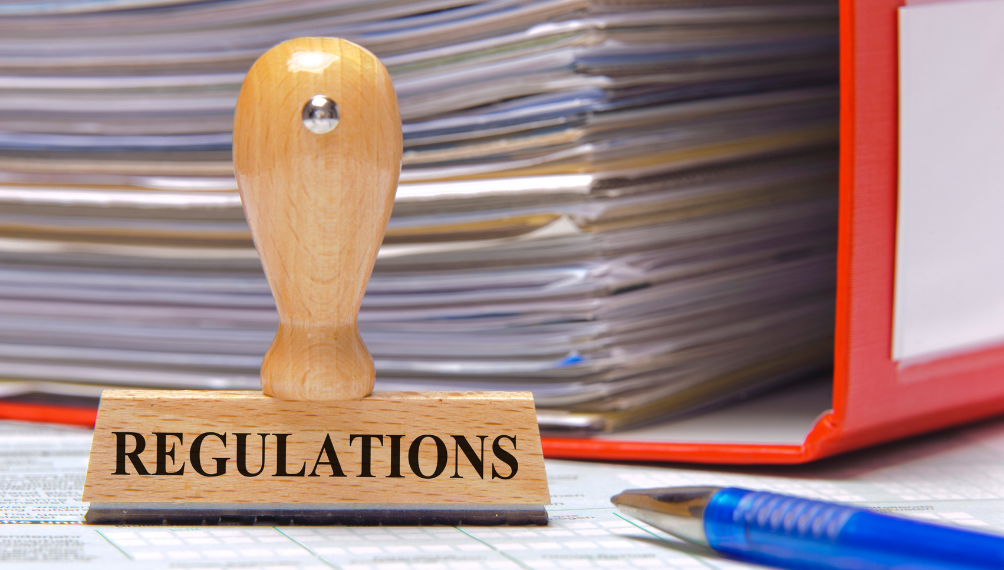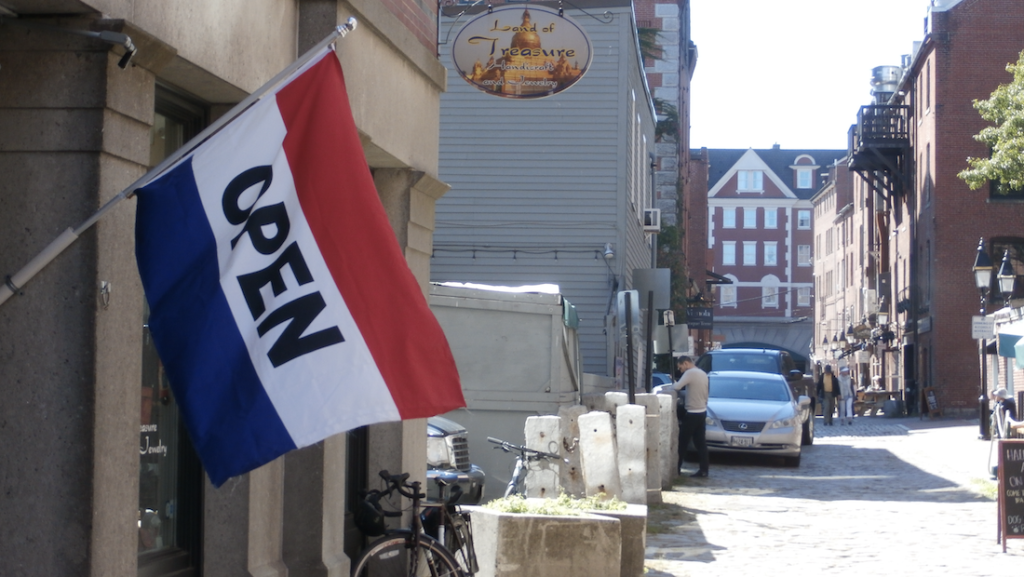A water shutoff system can help avoid a common cause of building damage: water leaks. They aren’t cheap, but neither is water damage. Some insurers offer discount codes for these systems. Installing one may also qualify you for an insurance discount.
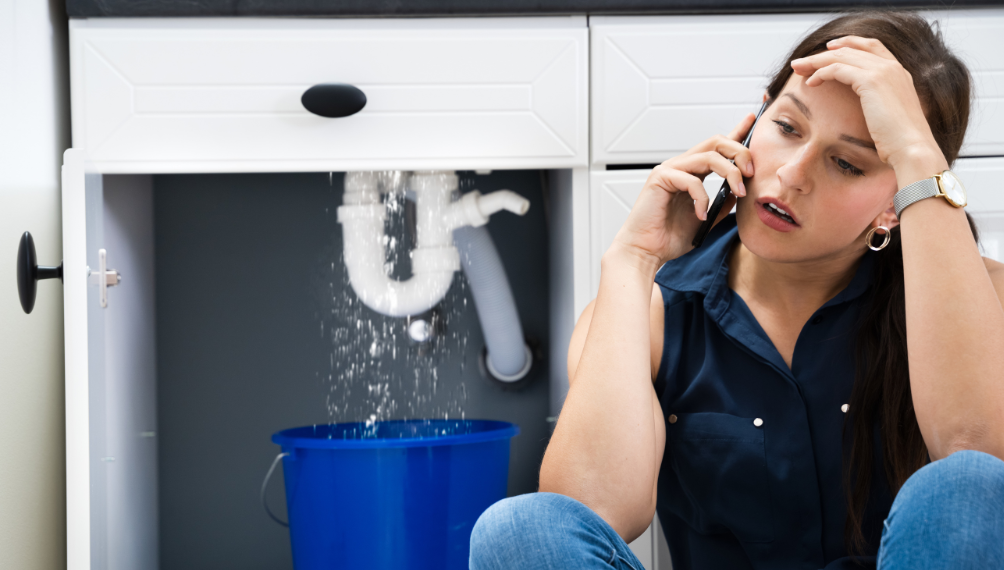
Water – The Most Common Property Insurance Claim
Most home and business owners worry about fire or theft damaging their property. But water damage is far more likely. According to Leak Defense, you are 7X more likely to have water damage than a fire. Moreover, water losses are 6X more common than burglaries.
There are 2 broad categories of water damage:
- Weather related water damage such as: ice dams; wind-driven rain; or backup of sewers or drains.
- Non-weather related water damage such as: plumbing leaks; tub overflows; or frozen pipes.
Water Damage is Expensive and Disruptive
Water damage is expensive. The average 2018 water damage claim for Hanover Insurance was $10,849. That’s just the water damage, not including the insurance deductible or the plumber’s bill to fix a leaky fixture. And costs have only increased since then. This Hanover Insurance infographic shows that buildings older than 20 years are more likely to have issues.
Water damage also disrupts your life or business. Hanover reported that the average length of impact from water damage to homes was 3 to 6 months. In severe cases, that can mean moving out of your home during repairs.
Water Shutoff Valves Can Minimize Losses
A water shutoff system does just what its name suggests. It monitors water flow in a building’s plumbing and automatically shuts off the water when it detects too much. It also alerts the building owner or manager so they can correct the problem.
The longer water flows from a leak, the more damage it causes. Shutting the water off quickly reduces the extent of water damage. That can be the difference between a minor mess and a major disaster.
How Much Do Water Shutoff Systems Cost?
Prices vary from building to building. For example, a professionally installed shutoff device in a home might cost $3,000 to $5,500. Commercial installations would cost more.
Sensor systems without shutoff valves can cost as little as $100 and you can install them yourself. However, low-cost sensors only alert you. They don’t shut off the water, which is so important to reduce damage.
Some insurance companies offer discount codes or special pricing for water shutoff systems. Check with your agent to see if your insurance company does this.
Insurance Discounts for Automatic Water Shutoffs
Many insurance companies offer discounts for customers who install automatic water shutoffs. Although the discount is only a fraction of the cost of the system, it helps offset the cost and rewards those who take this extra step to protect their property.
Not every system qualifies. Most insurers require:
- Automatic water shutoff valve
- 24/7 reporting to a monitored service
- an approved vendor. This varies by insurance company. Check with your agent before you commit to install one.
Answers to Your Water Damage Insurance Questions
Do you own a home, condo or business in the Portland Maine area? Contact a Noyes Hall & Allen Insurance agent in South Portland. We offer a choice of Maine’s top personal and business insurance companies. That means we can search and compare for the best value for you.
We’re independent and committed to you.


